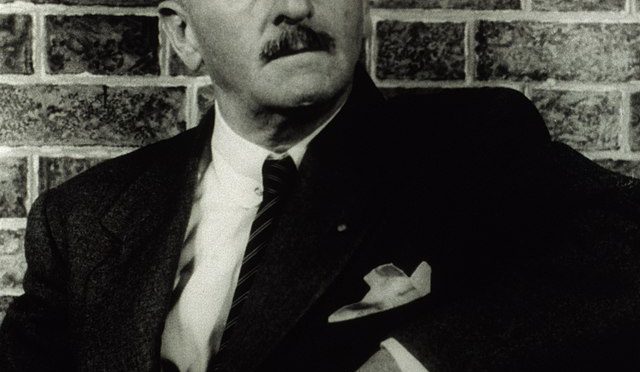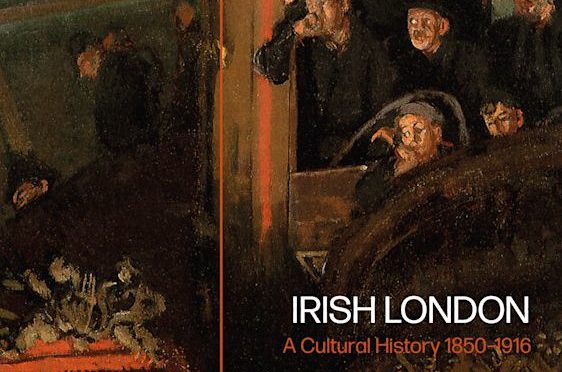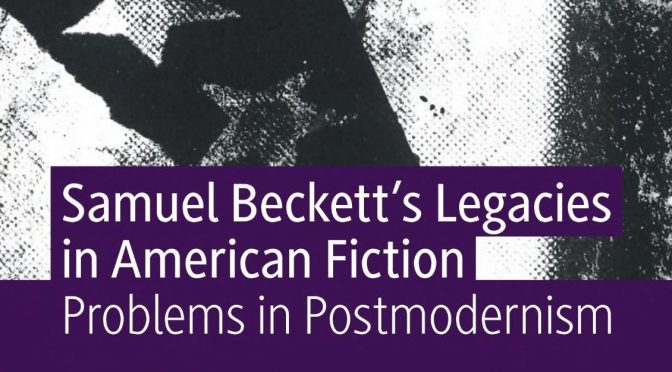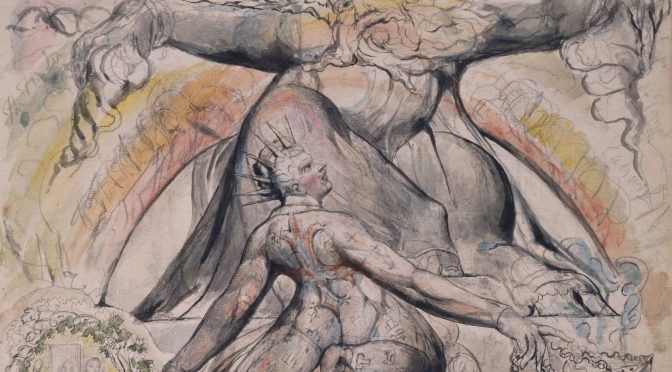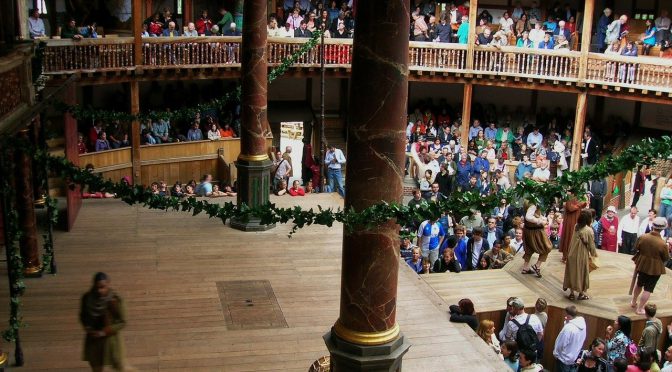By Ahmed Honeini
KCL alumnus Dr Ahmed Honeini discusses his formative experience first reading William Faulkner ten years ago, alongside the state of Faulkner Studies in the UK today.
In F. Scott Fitzgerald’s The Great Gatsby, James Gatz, “a penniless young man without a past,” finds himself in the house of his love Daisy Fay “by a colossal accident.” The Great Gatsby has been one of my favourite books since high school. In 2012, as a second-year English with Film Studies undergraduate at King’s College London, I took the module “Twentieth Century American Fiction, 1900-1945: Realisms and Modernisms” for the sole purpose of rereading and studying Fitzgerald’s masterwork at university level. I am ashamed to admit that I did not have much of an interest in American literature at that point; aside from Fitzgerald, my literary infatuations at the time were early modern drama and European modernism. However, on that same American fiction module, I discovered the work of William Faulkner, and specifically his 1929 novel The Sound and the Fury, “a colossal accident” which was to change the course of my professional and personal life.

